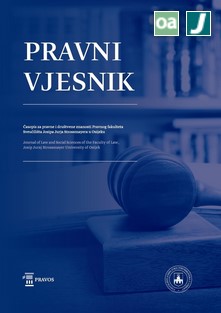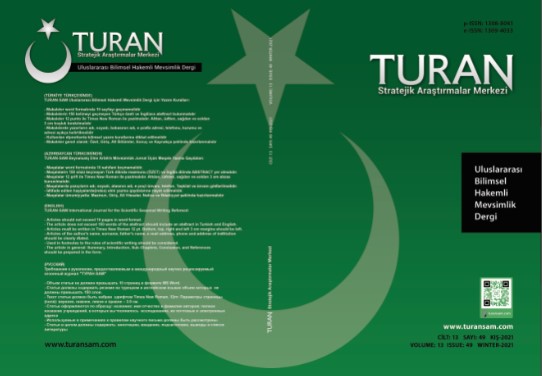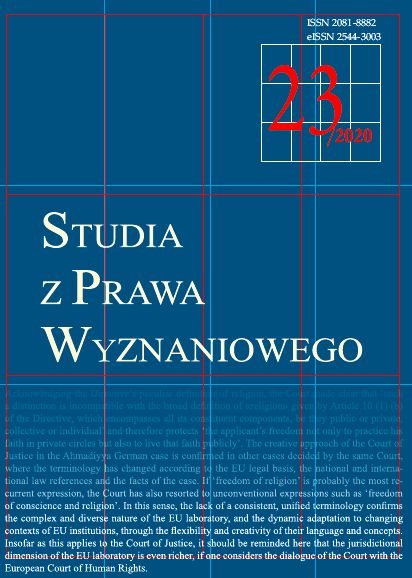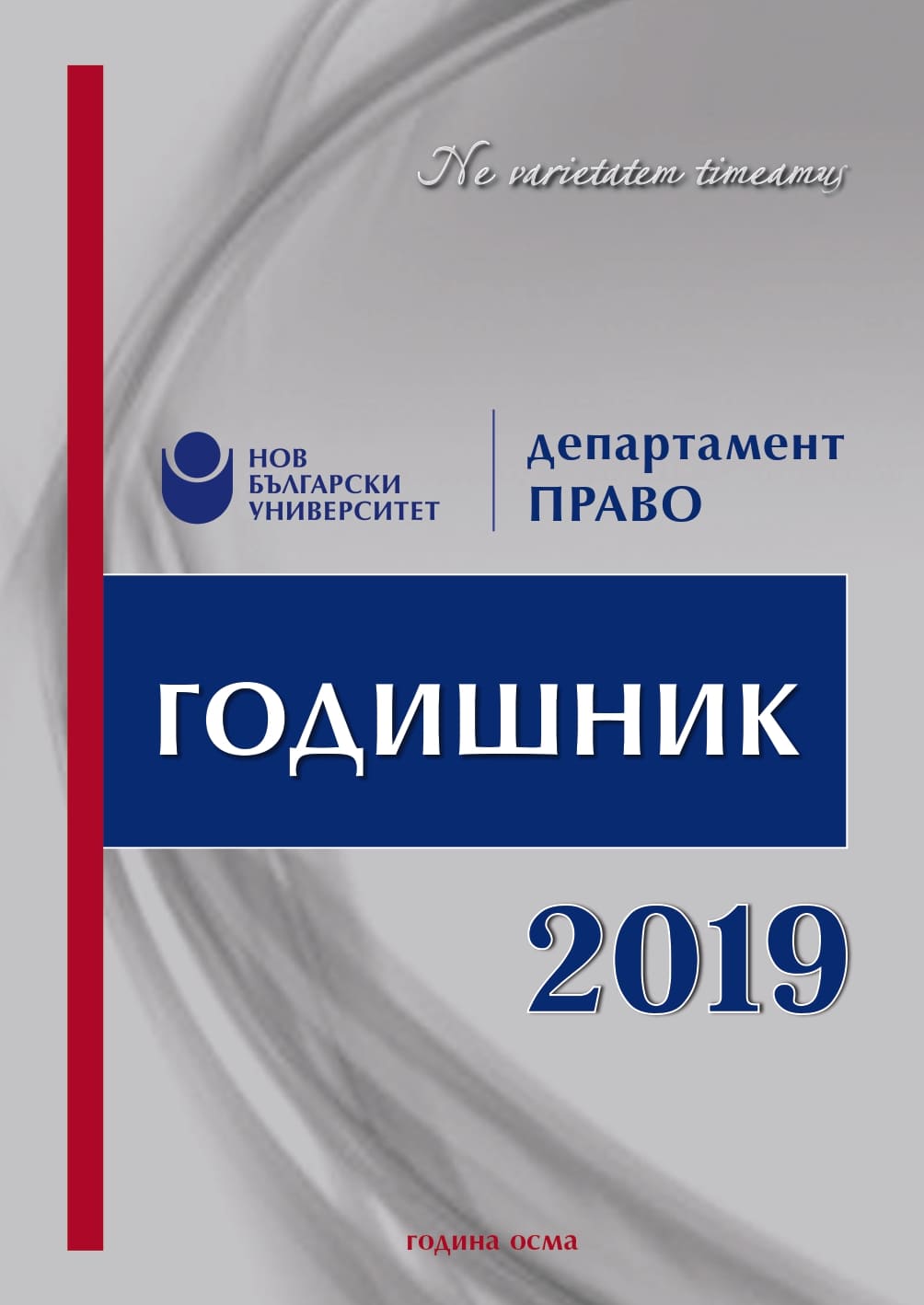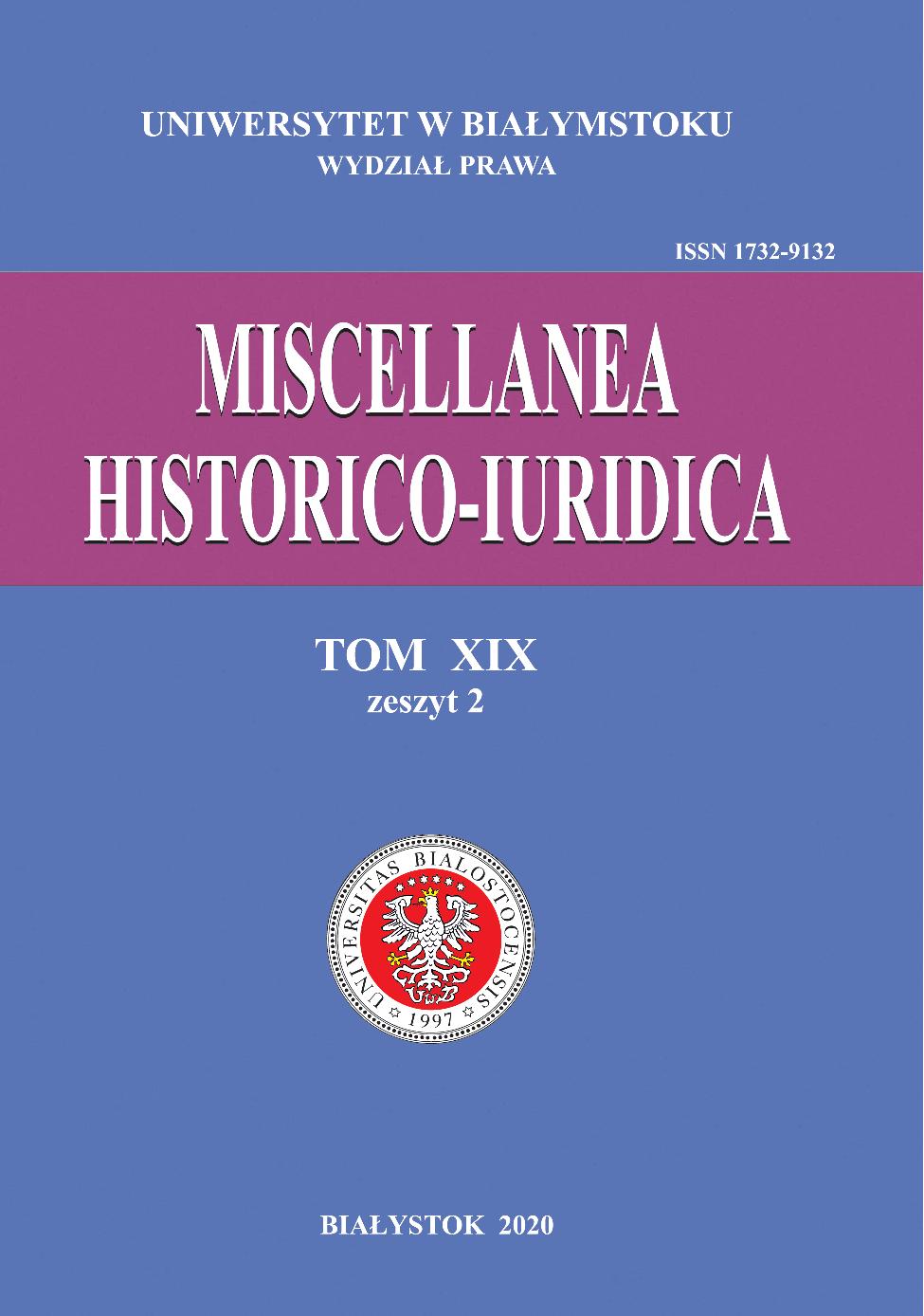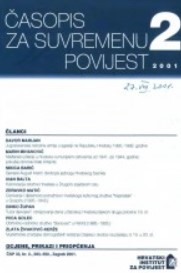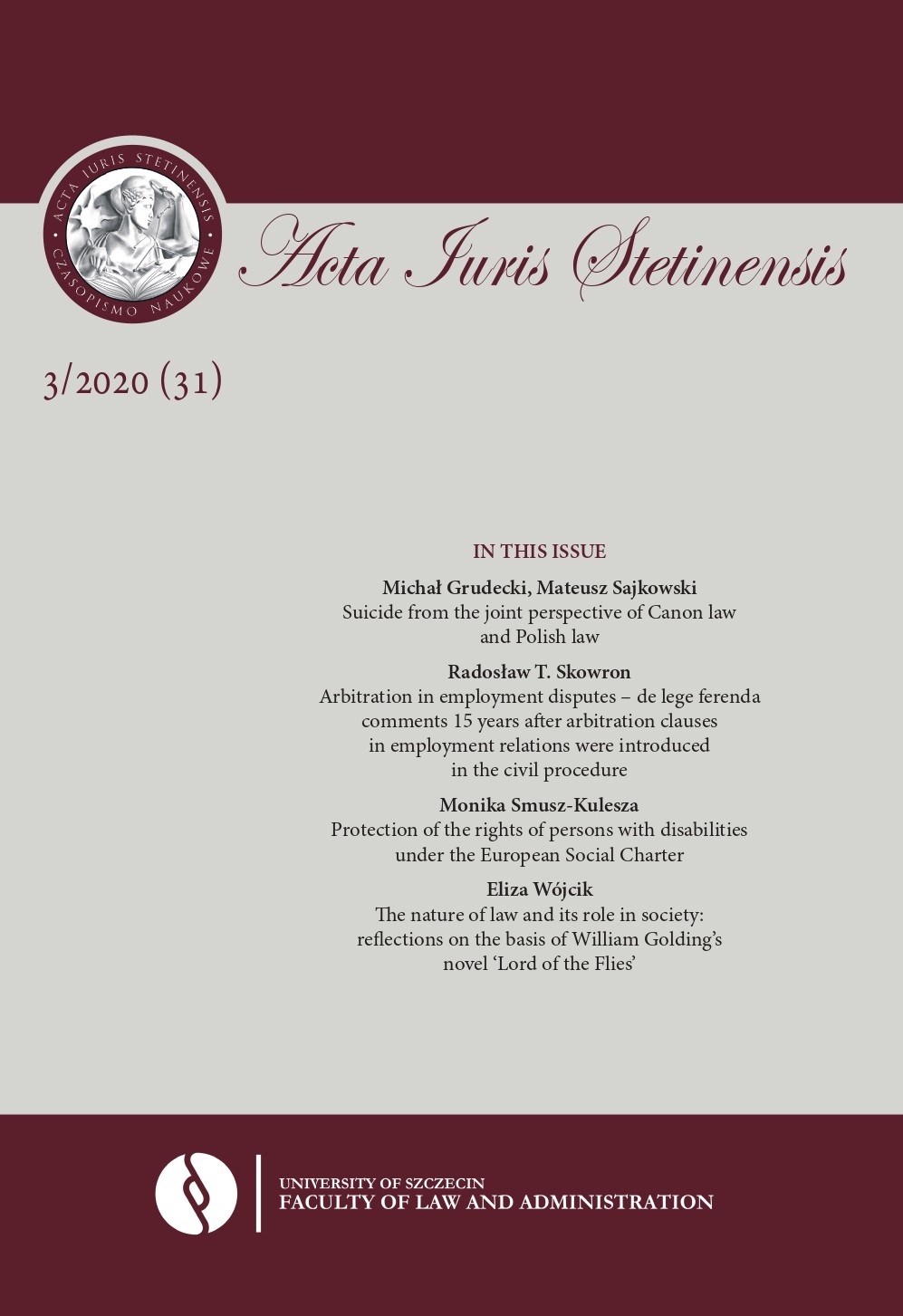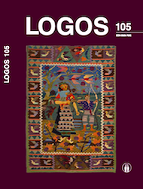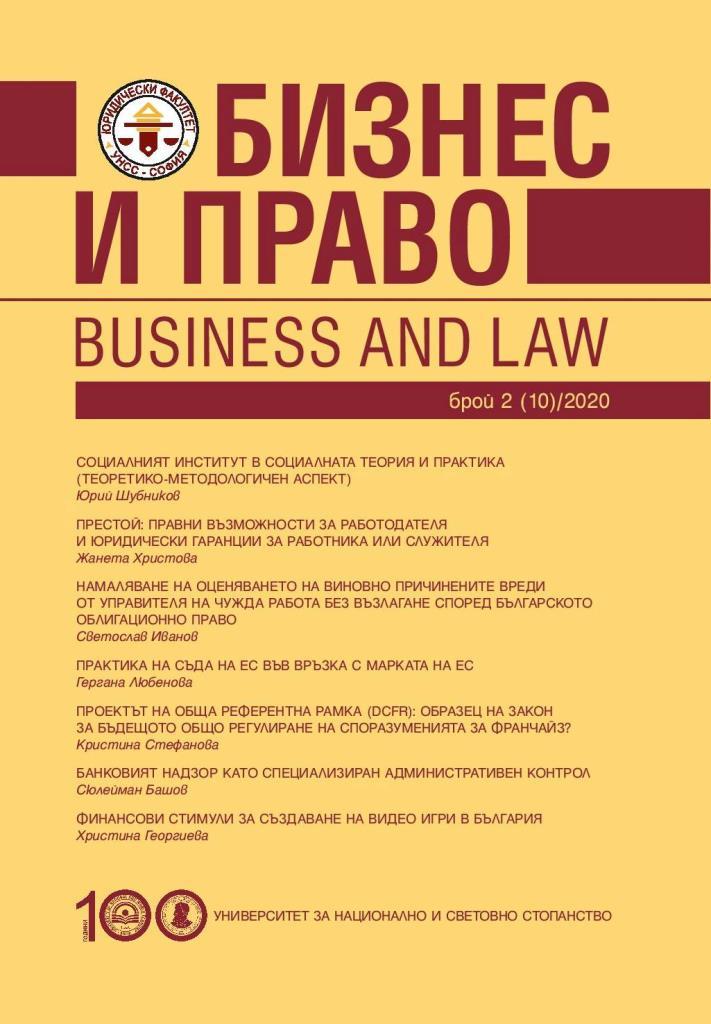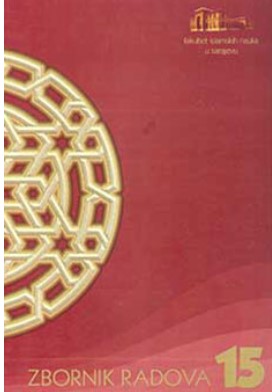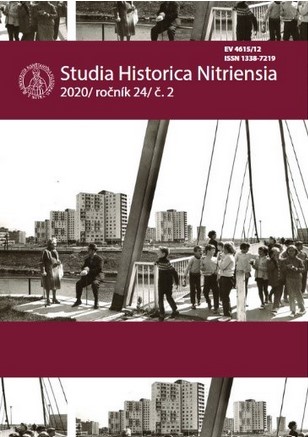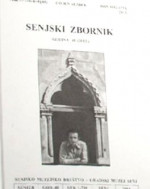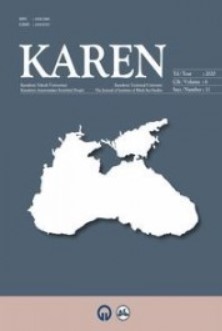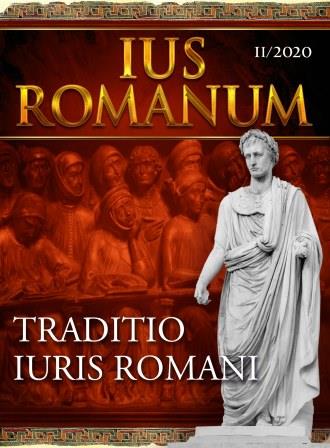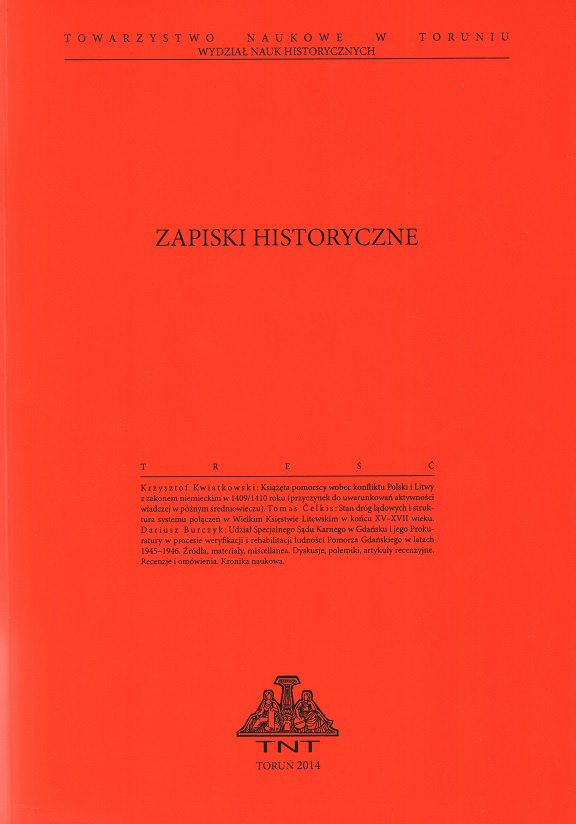
Realia kariery uczonego w RPL i III RP
The memoirs of Professor Stanisław Salmonowicz titled "Life escapes like a donkey" published two years ago constitute the recapitulation of his own life and the scientific autobiography including extensive and important retrospective remarks concerning science and scientific circles in Poland and Europe in the second half of the 20th century. He particularly refers to historical sciences and historical-legal sciences. Against other valuable memoirs of scholars of the period of the Polish People’s Republic, the memoirs by Prof. Salmonowicz are characterized by the thorough description and analysis of attitudes and achievements of scientists and scientific circles in this period. Moreover, as one of the few testimonies of this kind, they stem from the experience of the scholars who, as it was defined by the author, “did not pact with totalitarianism”. Dozens of years of research and teaching in the most outstanding universities in Poland and abroad (despite difficulties generated by the communist authorities) makes the memoirs rich in unique knowledge about the history of science in Poland, particularly in the period of the Polish People’s Republic and to some extent also in the Third Polish Republic. It is of major importance as the research on the history of science and scientific circles in the Polish People’s Republic still remains very scarce. That is why the testimonies of active and important scholars of the period are so significant. They are frequently a more reliable source of information than preserved formal documentation; they allow us to understand how scientific institutions operated in Poland prior to and after 1989 and how it determined their work, development and achievements.
More...
